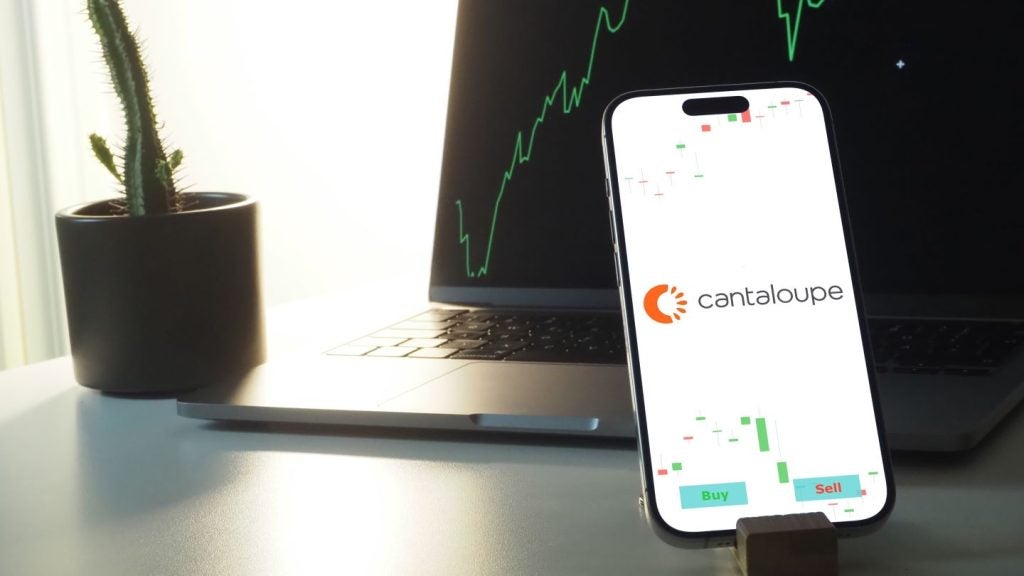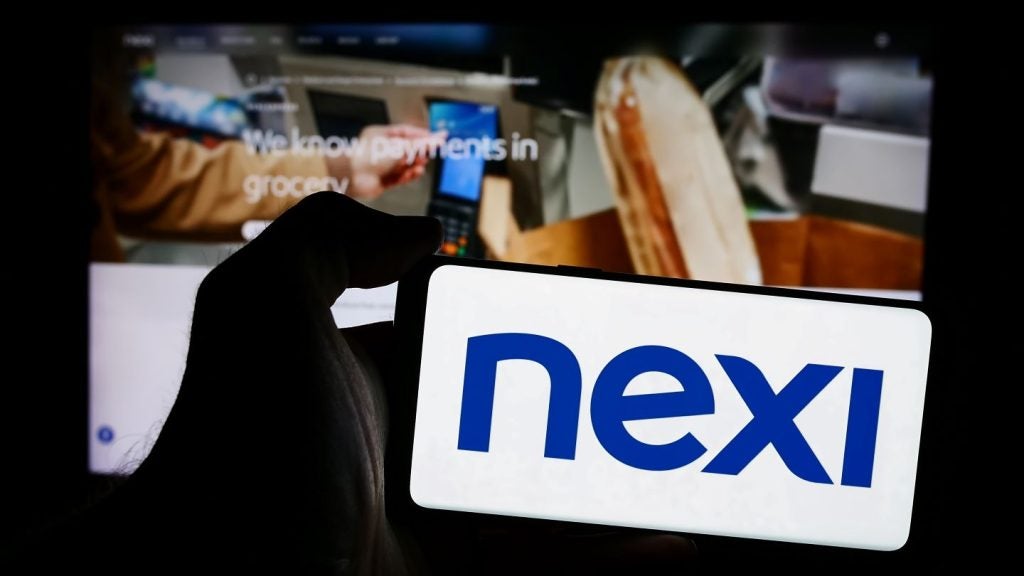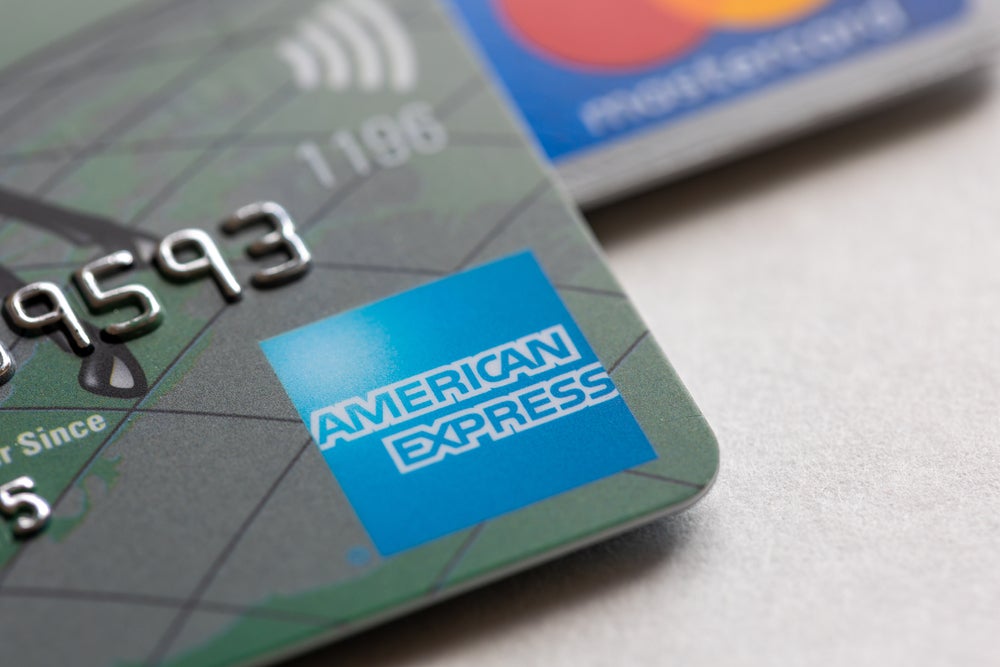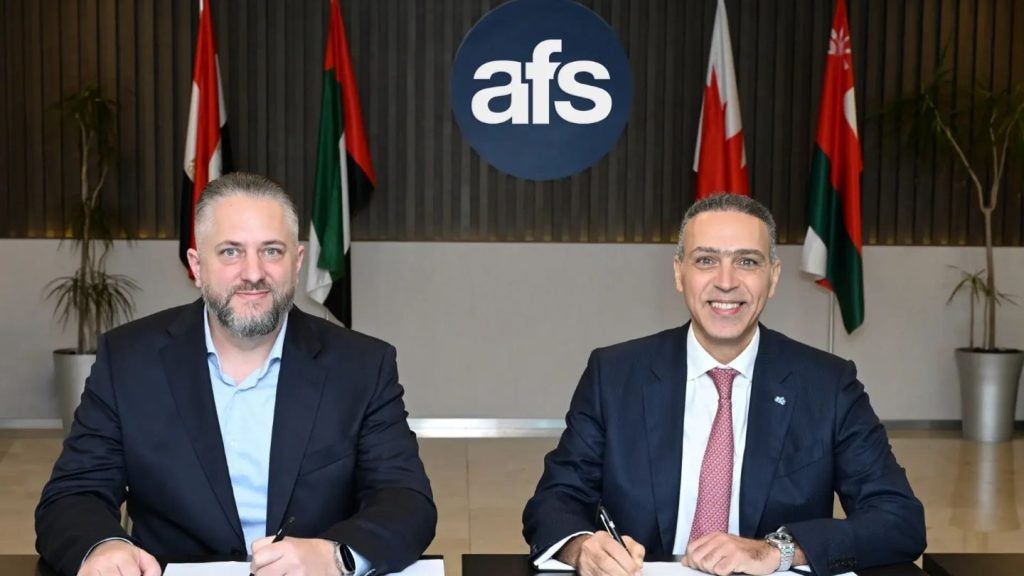Back in 2010, pundits across the industry were touting 2011 as
the year of mobile. Was it? Not quite… But the last 12 months have
certainly seen some clear position-building, and some innovative
deal-making.
New technology and a more globally-mobile
population accelerated the introduction of e- and m-wallets
throughout 2011.
Google launched its e-wallet in the US, while in the UK, YESpay
launched
Pouch, which enables online and mobile NFC payments.
The year kicked off with the appointment of a
new CEO for prepaid e-money provider Ukash,
David Hunter, whose priorities were expanding in Latin America
and developing partnerships with e-wallet providers in developing
markets. Shortly after,
Ukash expanded in Belgium – a move that confirmed the business
opportunities in developing markets.
Asia Pacific signalled the
biggest growth in consumer payments. In Australia, the
bank-owned payments service company BPAY
is developing its Me And My Bank Online (Mambo), an online
micropayments project, and in
New Zealand, financial institutions are modernising their
high-speed payments infrastructure.
Developing markets in Asia-Pacific leapfrogged
the traditional branch-based banking and moved directly to using
high-technology solutions. In Pakistan,
for instance, the government’s
Branchless Banking initiative led to a 51.23% increase in
accounts in the quarter to end-September. There are now 357,598
active branchless banking accounts.
Although a tipping point has yet to be reached
with consumers, market competition is increasing. New rivals are
emerging left, right and centre and partnerships, mergers and
acquisitions are on the agenda daily:
MasterCard Worldwide signed a strategic deal with UAE-based
telecommunication provider Etisalat to launch contactless mobile
payments in the UAE, while
Visa introduced a ‘new’ mobile platform – the results of its
$110m
acquisition of Fundamo, a closed-loop mobile wallet platform
with a focus on developing African markets. Visa
did very little in technical terms – Fundamo’s addition to its
network created an open loop, fully interoperable, ATM-friendly
mobile payments platform.
That is worth $110m
of anyone’s money, when some parties are predicting that the
mobile payments market will be worth almost $1trn within a couple
of years. Visa and Fundamo then (re)launched the service and shored
up the biggest mobile network in Africa – the giant MTN – as the
first customer. That did not take that much effort – MTN had been
running Fundamo wallets for a couple of years already.
Even the developed markets produced new
entrants:
Tinypay, a Dutch e-commerce company took on the likes of
PayPal, while Sweden’s new payment acceptance provider
iZettle did the same with Square and VeriFone with an
EMV-compliant payments app. In the US,
Dwolla, launched Proxi, which enables online fund exchanges
with people and merchants proximity without
the need for cash, cards or NFC technology.
Banks have thus begun to acknowledge the best
course of action is to partner with established channels such as
Western Union, rather than challenge them.
On the processing side,
Verifone’s various acquisitions certainly stood out: It
acquired South
Africa-based rival Destiny Electronic Commerce, US-based
Hypercom, UK-based
Global Bay and Sweden-based
Point. Verifone is looking to expand its distribution within
the alternative payments market, which includes an extension of the
Point platform to create the world’s largest infrastructure for
deployment of alternative payments.






